Staying with a local family is one of the best ways to get an authentic cultural experience.
Before our Northern Circuit safari we ended up with a couple of extra days in Arusha. We wanted to learn more about the local culture and decided a homestay would be the perfect opportunity to do just that.
After doing some research, we found exactly what we were looking for through an Airbnb listing. We booked 1 night with a man named Massai and it was exactly what we had hoped for and more.
Getting There
Since we were flying into Kilimanjaro Airport (JRO) we asked Massai if he could pick us up. He was there waiting for us with a driver when we walked out of the airport.
The drive to Arusha took about an hour and cost $40 USD.
Location
Massai’s home is located in the Kijenge area of Arusha, which is a more residential area just outside the town centre. The area is still busy but definitely has a more local feel to it. We didn’t see any other foreigners while there, which was nice. No one was hassling us to buy things or take tours, like we experienced in the town centre. Locals were just going about their daily lives.
Massai’s home is very close to the Kijenge Lutheran Church. We were there on the weekend so we awoke on Sunday morning to loud church bells at 5am, along with the non-stop sound of roosters. If you are a light sleeper, you will want to bring ear plugs
Arusha town is about a 20 minute walk away or a 5 minute daladala ride. Lots of daladalas stop very close to Massai’s home and it is just a 400 TZS ride away.
Just be prepared for a very squishy ride. One time I had to squat over a man’s lap while Ryan stood hanging out the open side door. But hey, it’s all part of the experience! It reminded me of our experience riding the local transport in Barbados but without the fun music.
Accommodation
Massai’s Airbnb is a stand alone room complete with a sitting area and bathroom. Despite us normally being used to midrange accommodation, we found the room to be comfortable and clean. I actually had the best sleep that night since we arrived in the country.
New to Airbnb? Sign up through our link and get $45 in travel credit!
There was no A.C. in the room but we didn’t get too hot. The bathroom has a hot shower and flush toilet. Just remember to turn on the switch for the hot water heater before you take a shower. The trick is to only open the water a little bit and you will get more hot water. The more you open the tap, the less hot it will be but the stronger the water pressure will be.
There is a small couch inside the room and an outdoor sitting area as well. There were a total of 4 electrical sockets in the room so charging your devices won’t be a problem! There’s no wi-fi but Massai can show you where the internet cafes are in town.
Cultural Experience
We asked Massai if he would be willing to show us around Arusha. It worked out perfectly because he is actually currently studying to be a guide. We met up with his good friend, Papa King, and together they showed us around Arusha.
Maasai Market
We jumped on the daladala from Kijenge and got a ride to the local Maasai market. Massai explained to us that the Maasai had been pushed out by the government from the original area where they used to sell their goods and forced to set up in this makeshift market.
It had been raining the day we went and the grounds were extremely muddy. The overhead covering is not very good. It really is not an ideal market area for them but they make do.
This market consisted mostly of produce, and some spices, snacks, shoes and clothing. Since we were heading off on safari the next day I didn’t want to buy much. All I ended up buying was a bag of delicious passion fruit. It’s hard to resist the fresh, perfectly ripe tropical fruits that we can’t find back home in Canada.
Tanzanite
Papa King took us to the Tanzanite Experience in the centre of Arusha. We had never heard of tanzanite before so it ended up being a pretty interesting experience for us. There was no entry fee but there is some expectation that you will purchase something at the end of the tour. However we did not feel pressured to buy anything.
Not knowing anything about tanzanite, we did not realize it is very expensive! The prices in the shop are listed in US dollars, NOT shillings. This threw us off at first since we looked at a necklace for 15,000 – not realizing that was dollars, not shillings. Whoa. Quite over our price range, but very beautiful indeed.
If you do have some money to spend and are in the market for some jewellery, the collection here is absolutely beautiful!!
We learned that tanzanite is only found in the Arusha area and there are a number of mines around. The stones were previously used by the Maasai because they believed it was linked to fertility. They did not know its worth. Tanzanite was only discovered to be valuable in the 1960s when one man decided he should bring it to a lab to be tested.
It was discovered to be a precious stone and was controlled by Tiffany & Co, who gave it the name Tanzanite. Today, mining and production of tanzanite is controlled by the Tanzanian government.
Our host, Massai, actually worked in one of the private mines for 4 years. Unfortunately, the conditions were terrible. He was provided some food and a rough place to sleep. The only earnings he would receive would be whenever he finally found a tanzanite stone. After 4 years he finally found one small stone.
The money he earned from selling that stone allowed him to build the house he now rents out as his Airbnb!
Food
A huge part of experiencing local culture is eating their local food. So we of course asked Massai and Papa King to take us to a local restaurant for dinner.
Dinner:
They took us to QX Pub which was just down the road from Massai’s home. It was full of locals and just the type of place we were hoping for. We sat on some plastic chairs and tables outside and listened to American hip hop playing in the background.
There was no menu so we let Massai order for us. We shared a platter of goat meat with a pile of chips (fries) served with a spiced tomato sauce.
The meat was a bit tough for me to eat without a knife and fork (no cutlery here!). Papa King was super sweet and whipped out his machete and offered to cut up the meat for me! It was very amusing to have him cut up my food with this large machete. We had no idea he even had it on him the whole time!
For the 4 of us our meal only came to 15,000 TZS (about $7 USD).
Breakfast:
Massai and Papa King took us to a restaurant just a couple steps away from his home. I did not see a name for the restaurant but apparently it is owned by one of his relatives.
Again, there was no menu but Massai let us know they had mandazi (a Tanzanian style donut), pancakes, eggs, accompanied by coffee or chai. We went with the pancakes and chai and Ryan also got the eggs.
The pancakes are very thin, more like a crepe, and served rolled. Don’t expect the fluffy pancakes you may be used to back home. It is served with honey.
The chai was very good. It could be a meal in itself. The milk is very thick, so much so that after sitting for a couple of minutes it actually develops a film on the top.
We didn’t actually pay for this meal since it was included with our stay so I’m not sure exactly the cost. Probably only a couple of shillings.
Maasai Life
After we returned home from dinner Massai introduced us to his parents. They welcomed us into their living room and we chatted for some time.
Their home is built in the traditional style with mud and bricks. It was really neat to be able to see inside. They also had an adorable pet cat.
We learned that Massai’s father was one of the very few in their village who was able to speak English. He decided he wanted a better life for his kids and wanted them to be educated. Therefore he moved them away from their traditional Maasai village and into Arusha.
10 Interesting Facts we learned about Maasai Life:
- Maasai do not want their children to go to school. The children look after the cattle and if they go to school they won’t be able to do so.
- Women have to get circumsized. They are not allowed to get married if they don’t.
- The Maasai diet consists of mainly beef, blood and milk. When we stopped by a grocery store we offered to buy Papa King something and all he wanted was a bag of milk. 🙂
- Women do not get to choose who they will marry. The man chooses and he does so when a female is born. When a woman gives birth to a daughter a Maasai man can ask her if he can marry her daughter. He then gives her a ring to claim her. Once she is about 10 or 12 years old they can get married.
- Maasai are afraid of water – they don’t like swimming and get dizzy riding on boats.
- Men normally wear the red robes and women wear blue or purple
- Maasai speak their own native languages, but also know Swahili. For example, Papa King’s language is called Maa.
- Maasai men typically carry a machete and spear or stick.
- Men can have multiple wives. The more wives they have the more kids they have. More kids means they can have more cows. And the more cows they have the richer they are.
Massai and Papa King are actually offering a very authentic Maasai stay in Papa King’s village. We wish we had known about it before as it sounds like it would be such a great experience! The information is below if you are interested. The cost is $300/person for 2 nights, 3 days. You will get the chance to visit the local waterfall, learn to raise cattle, collect water, sleep in a boma and do whatever typical task is planned for the day.
Click here to read our full Privacy Policy and Affiliate Disclosure Statement
Visiting Tanzania? You may also be interested in:
Dar es Salaam Airport: Arrival and departure guide
Maasai Life in Photos: A journey through Northern Tanzania

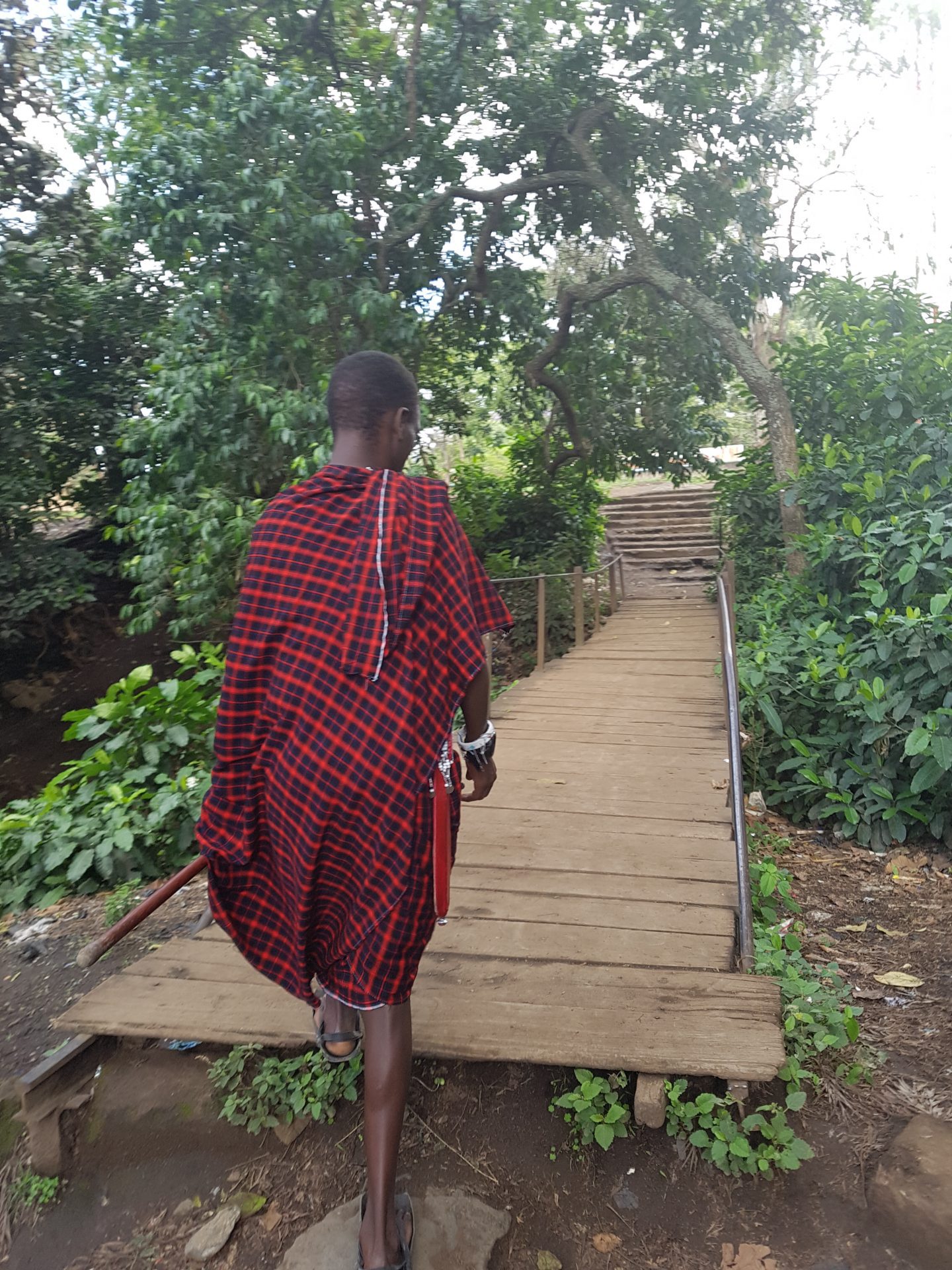
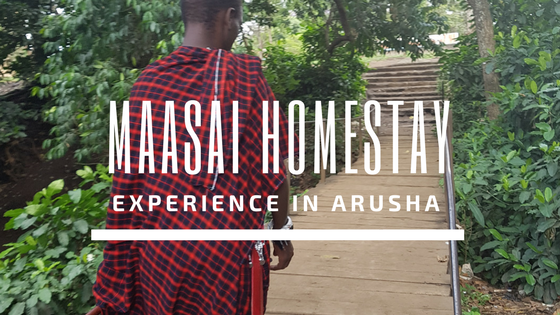
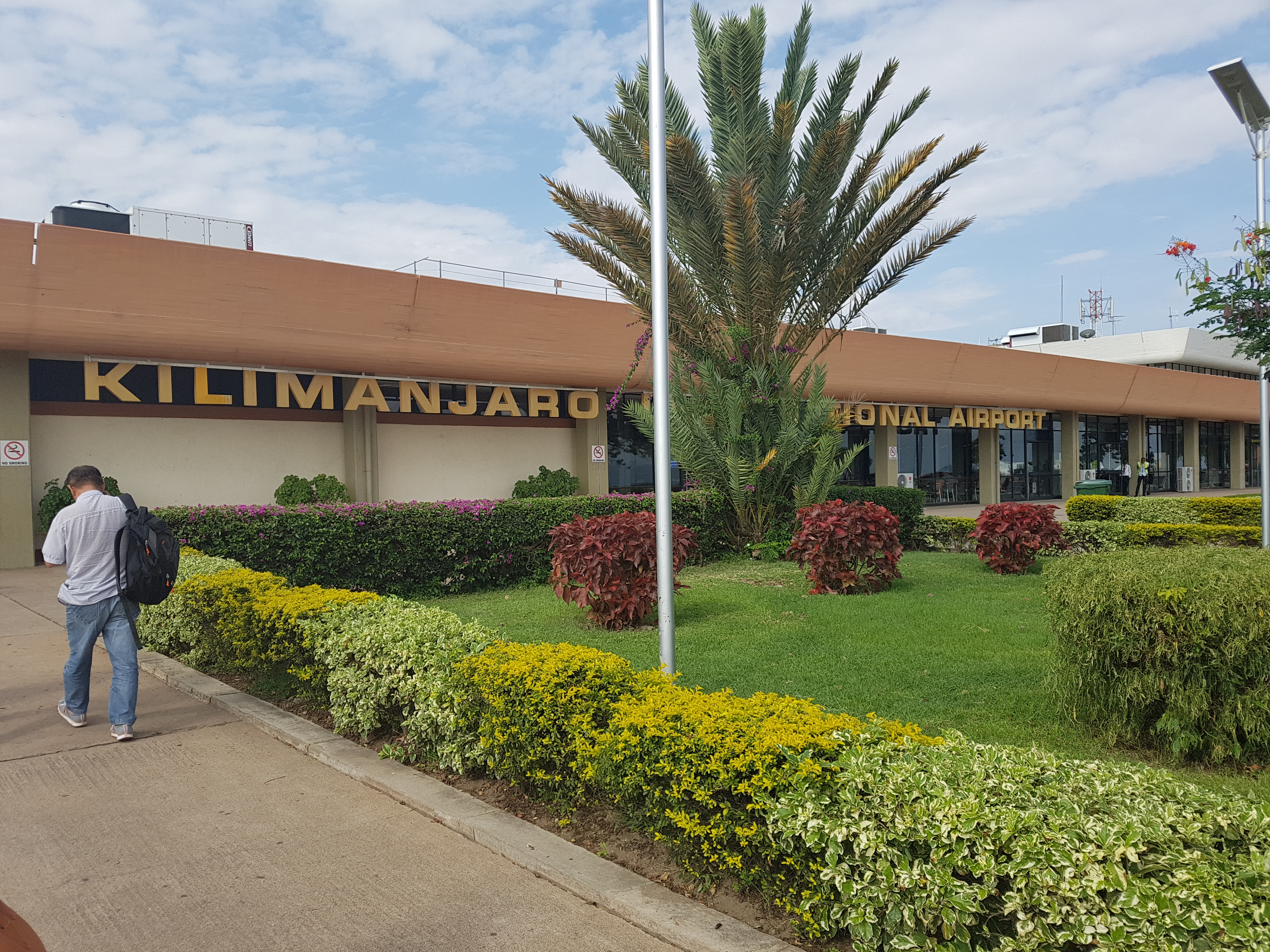
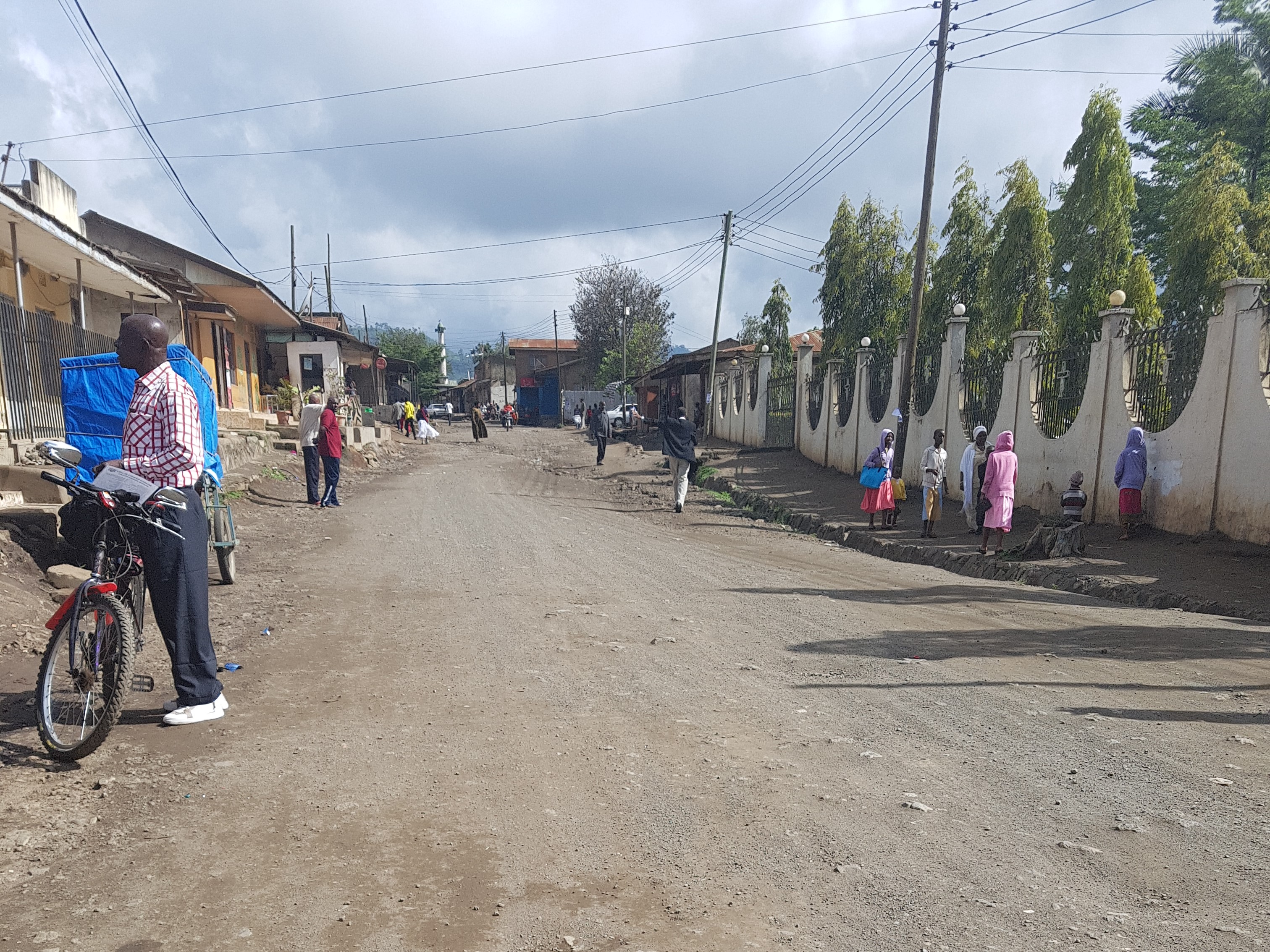

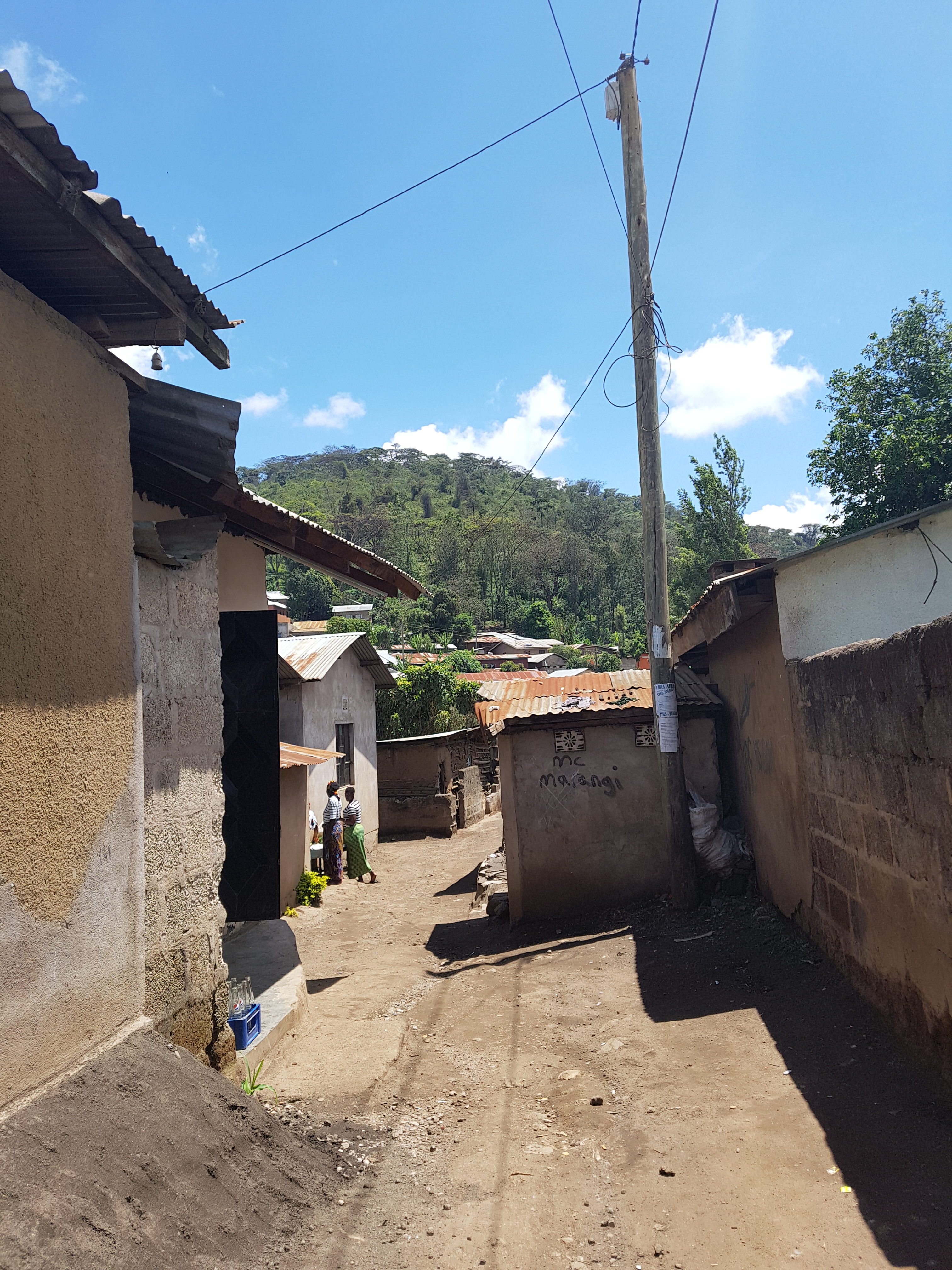
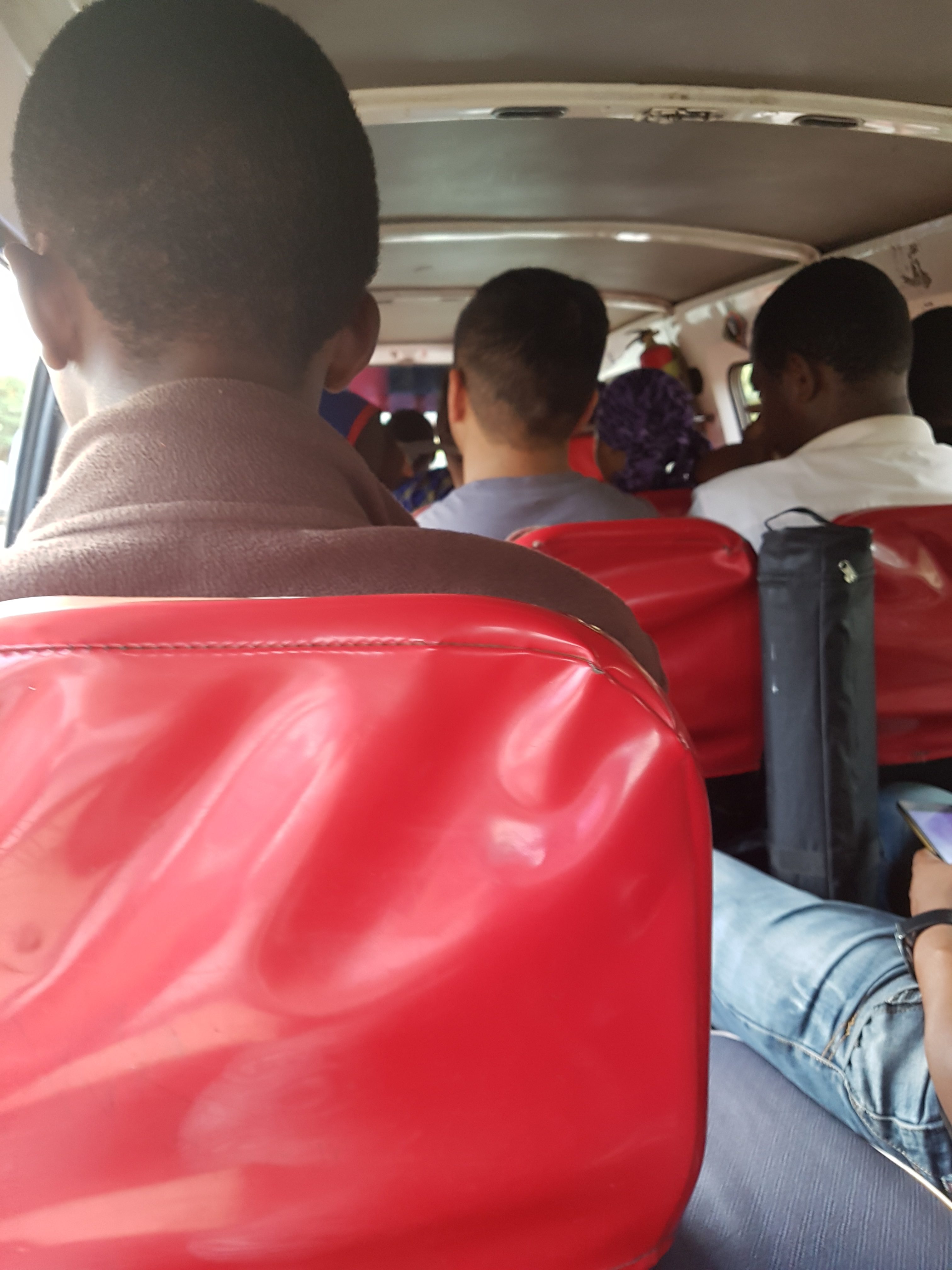
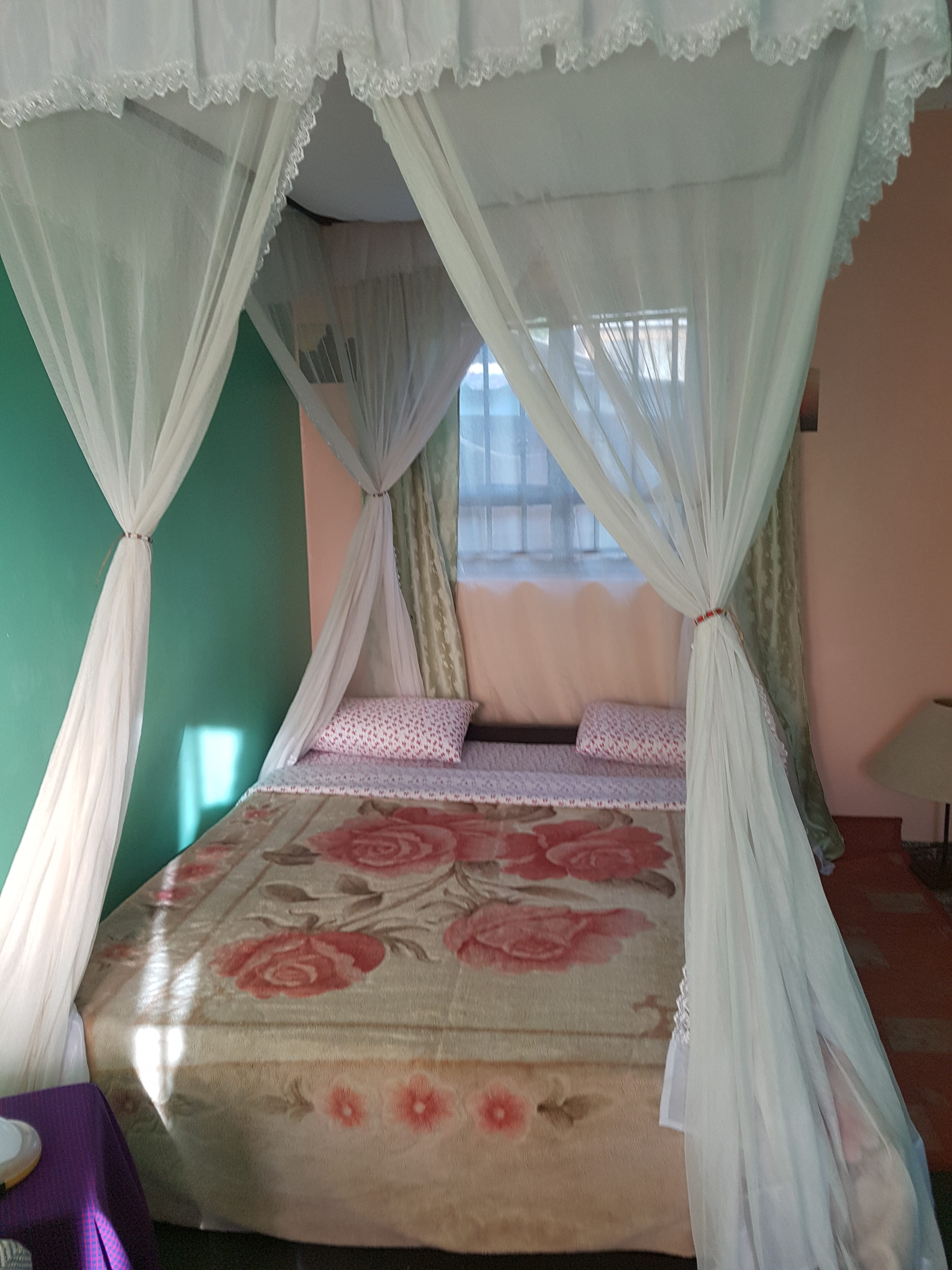
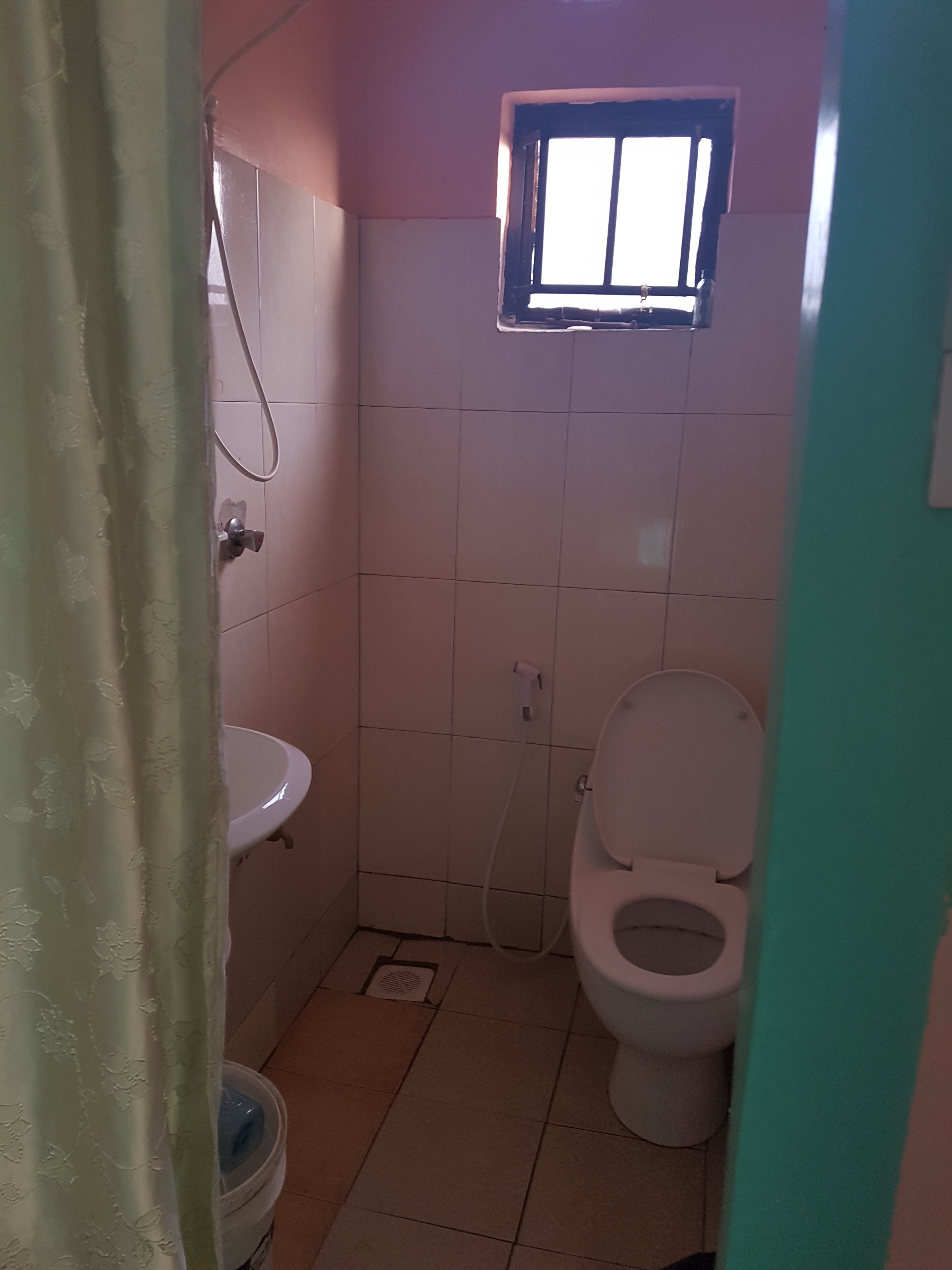
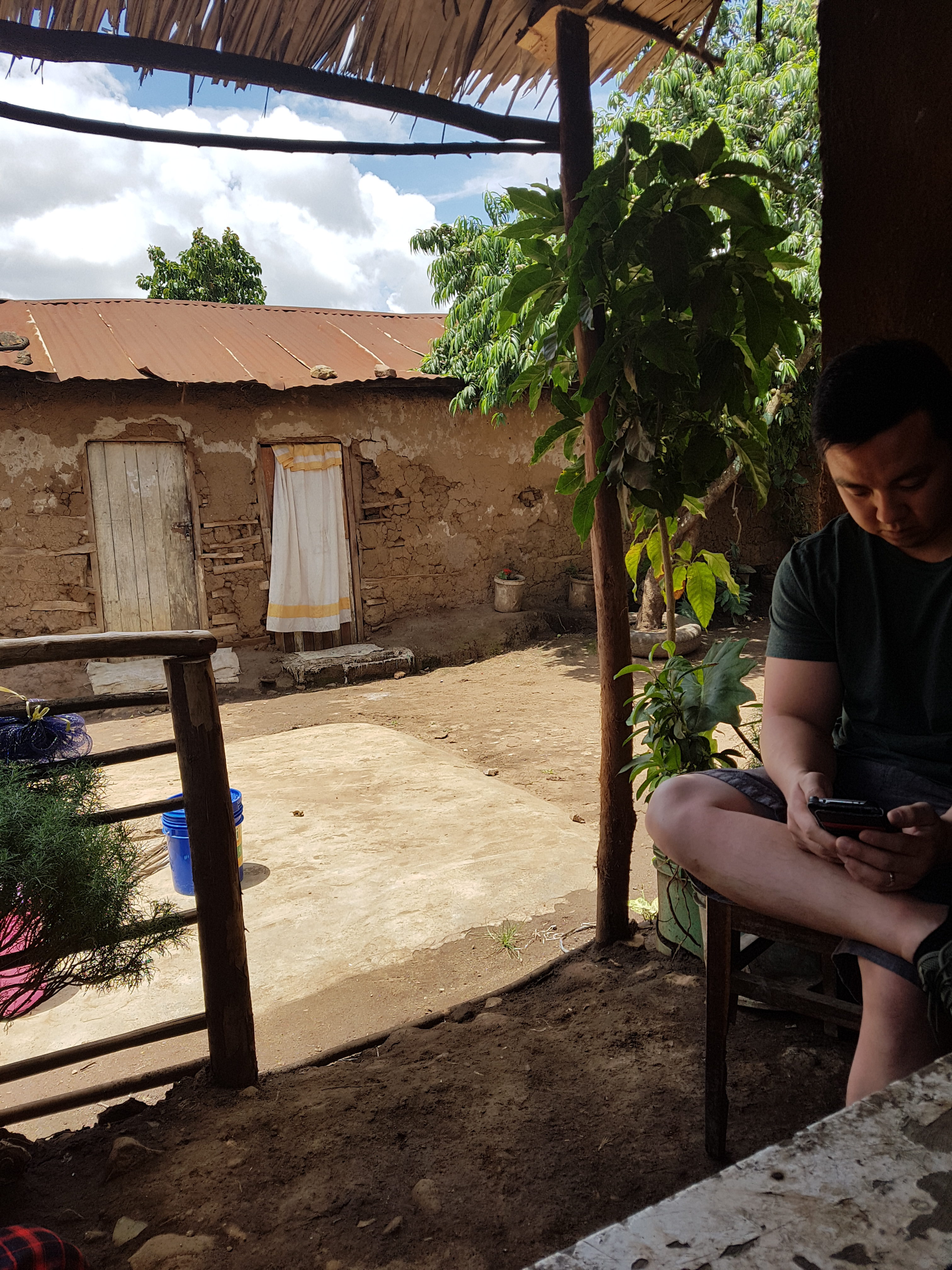
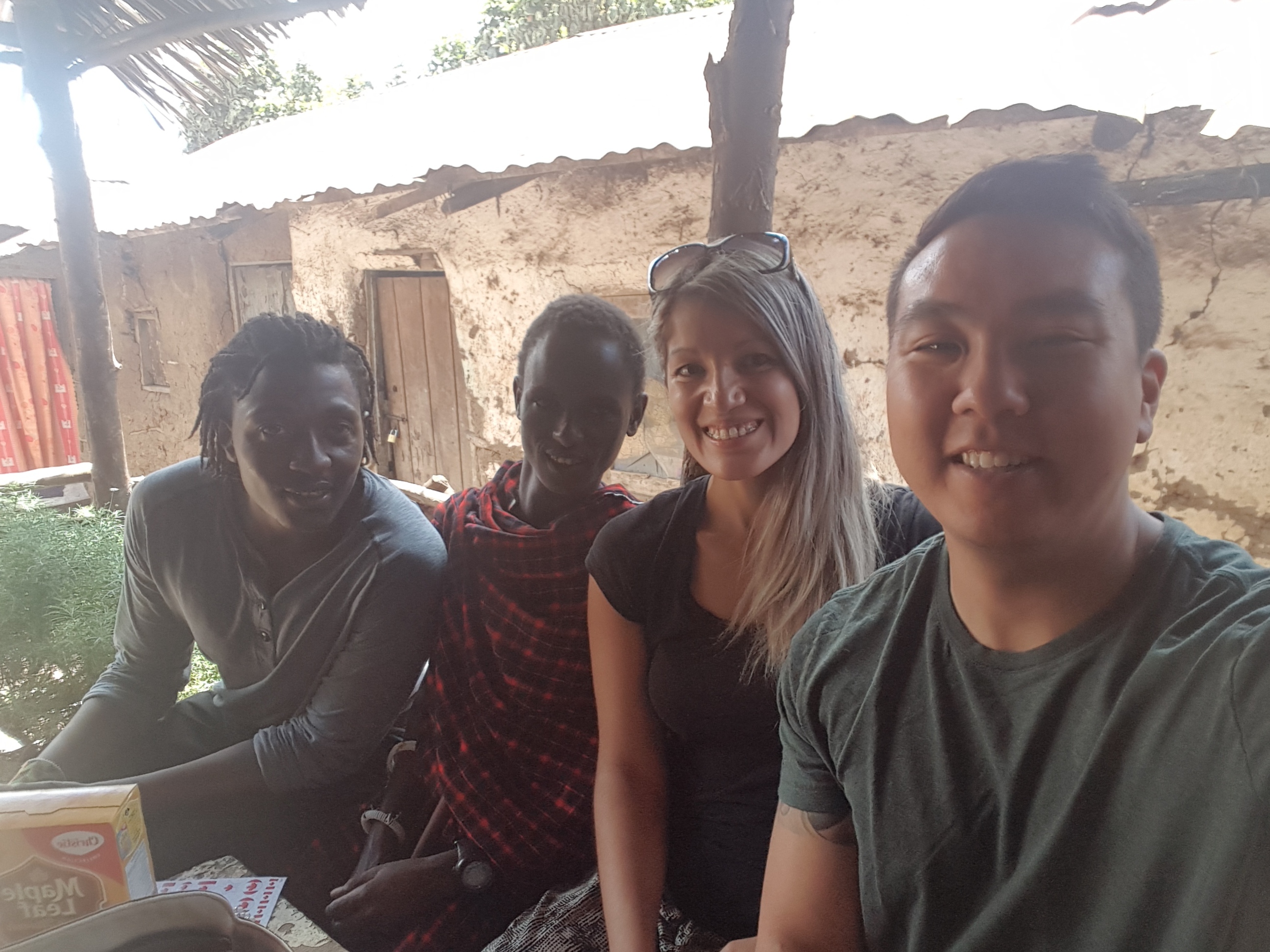
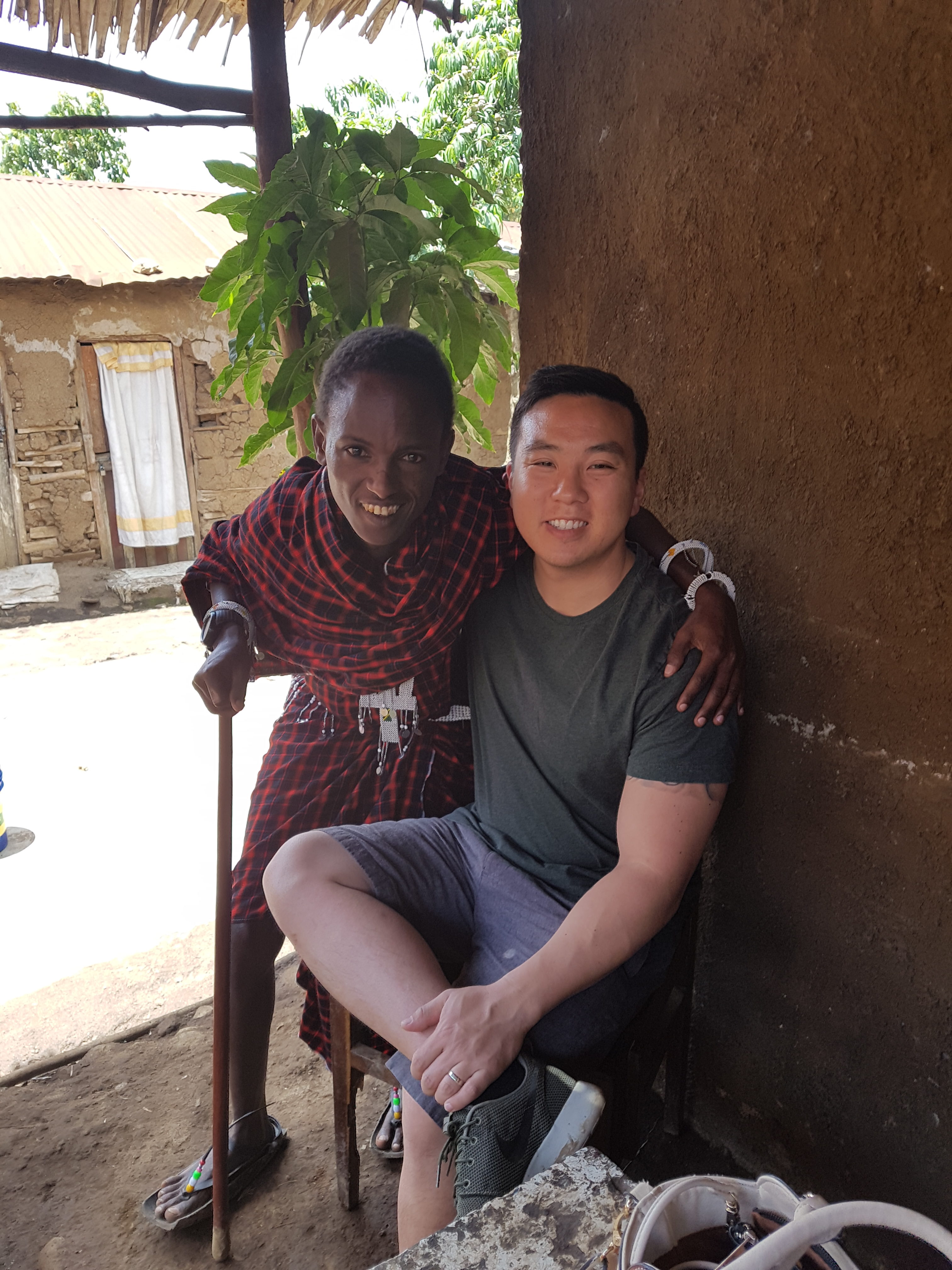
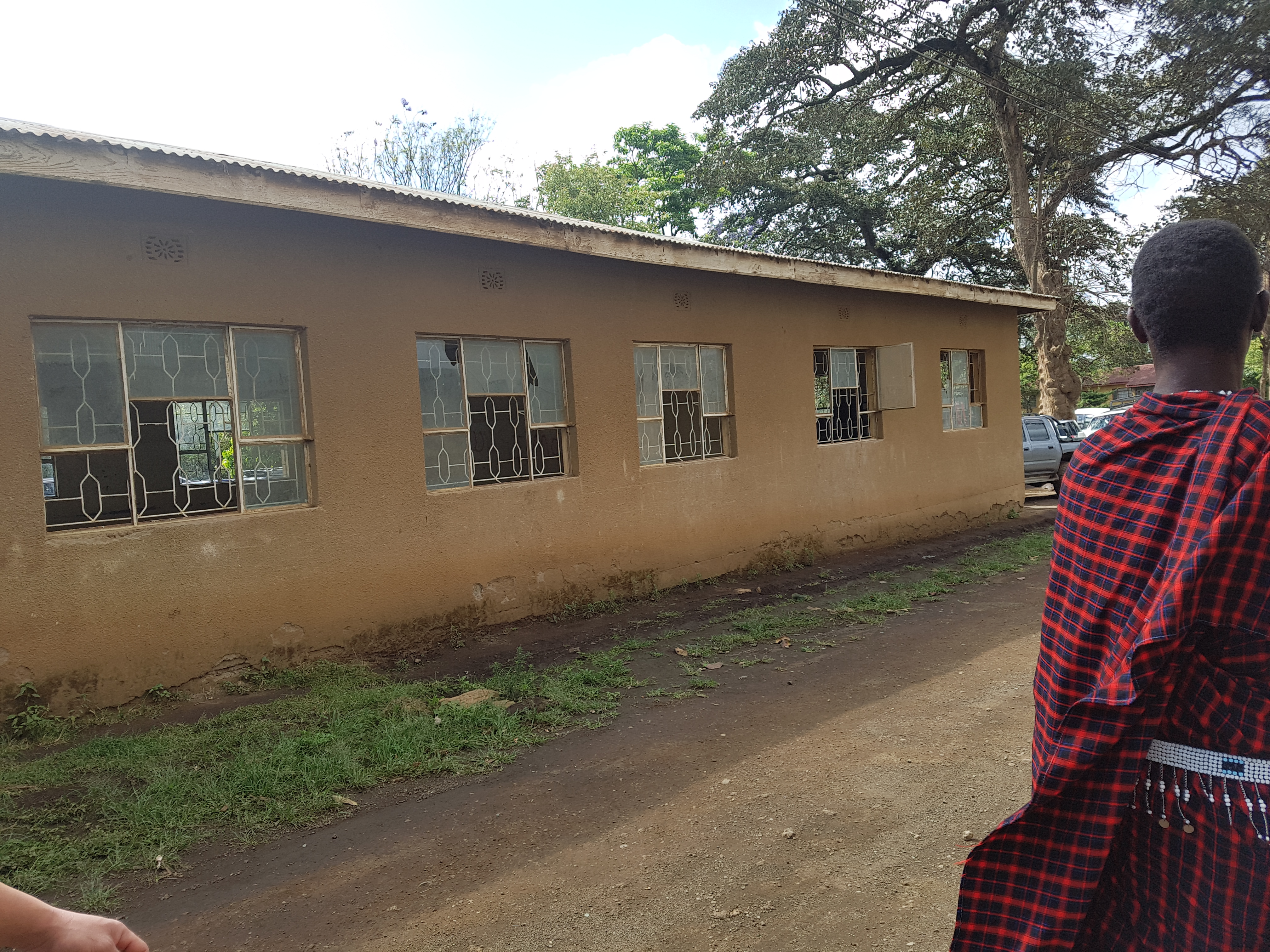
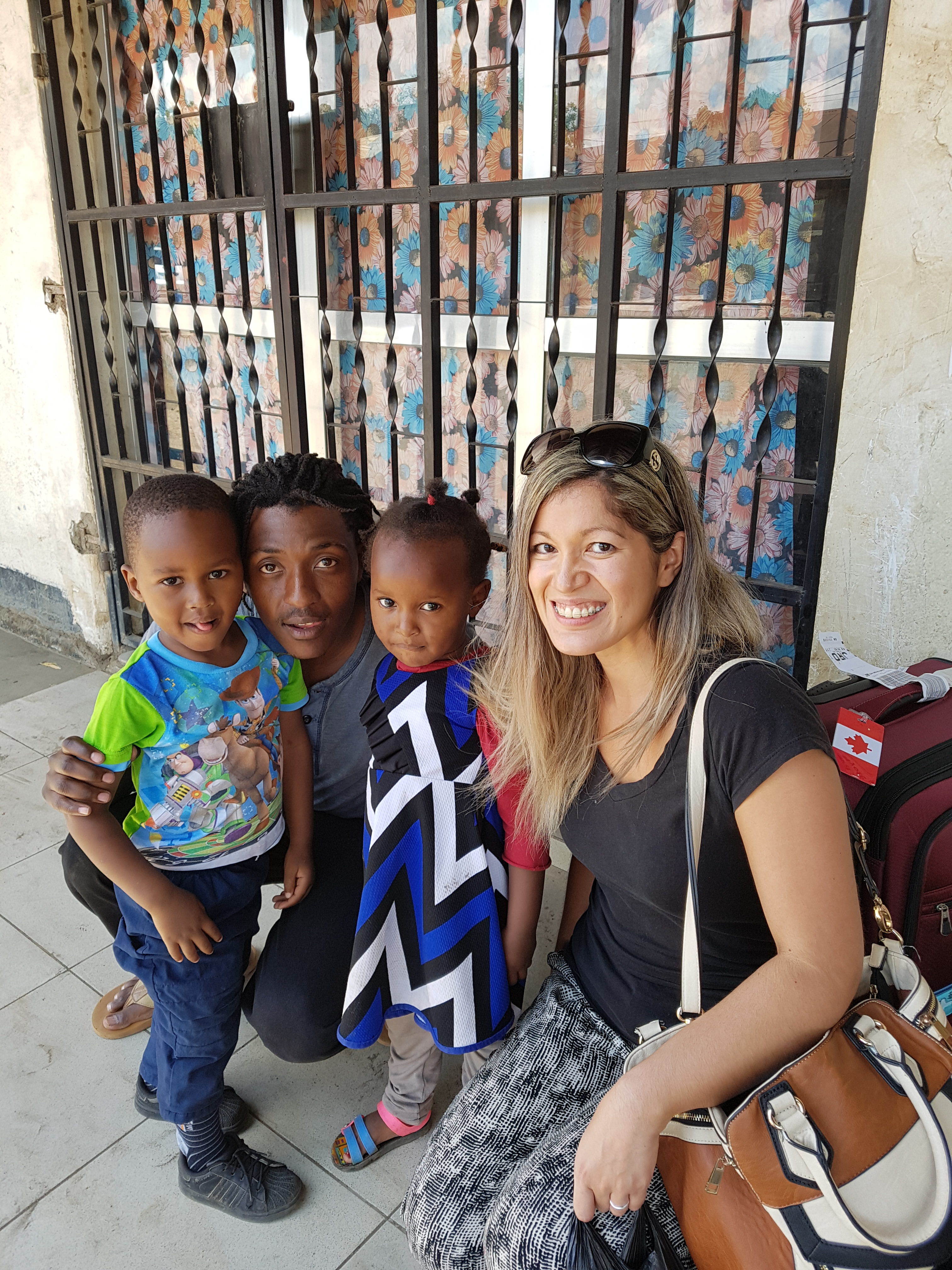
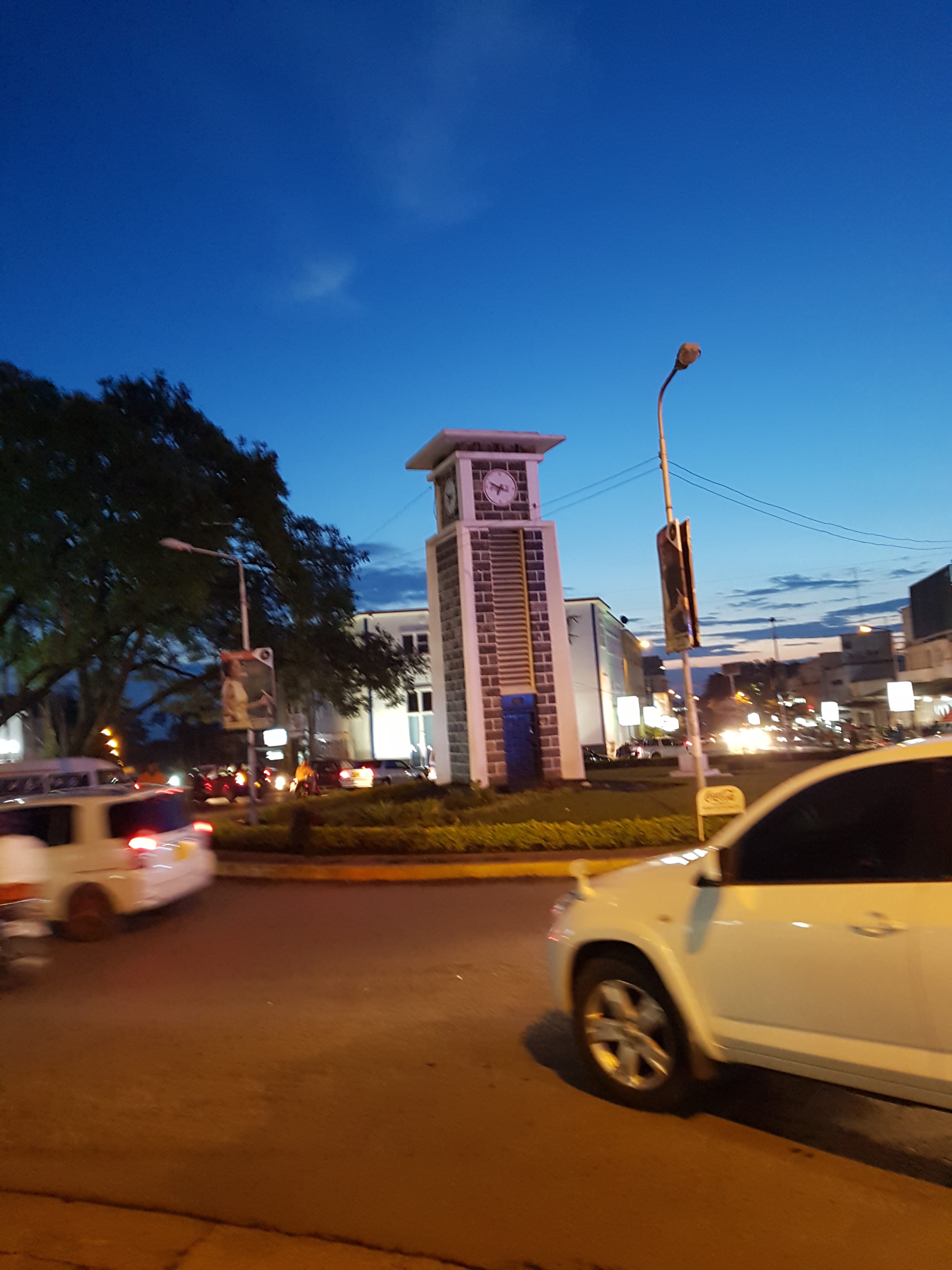
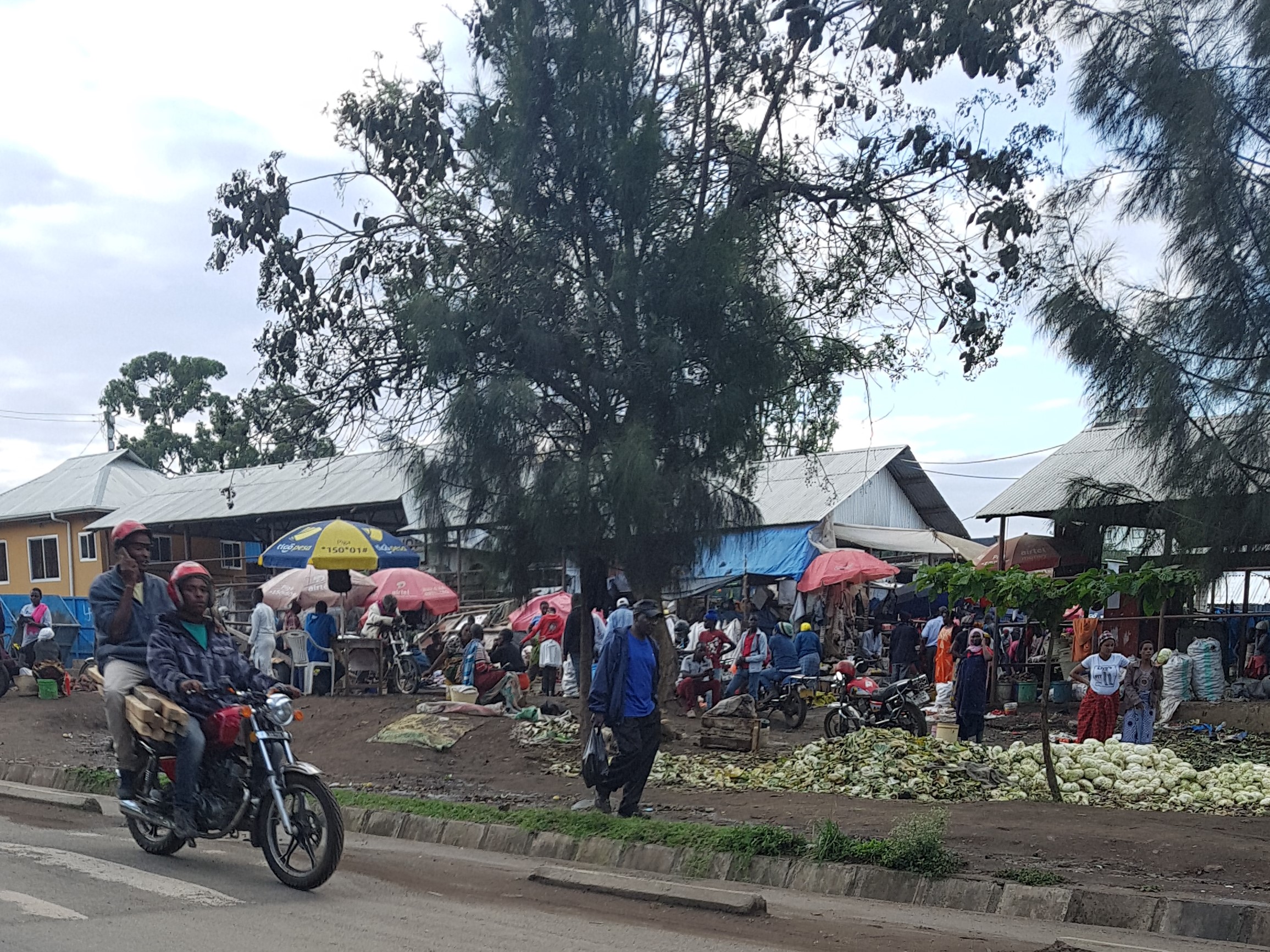
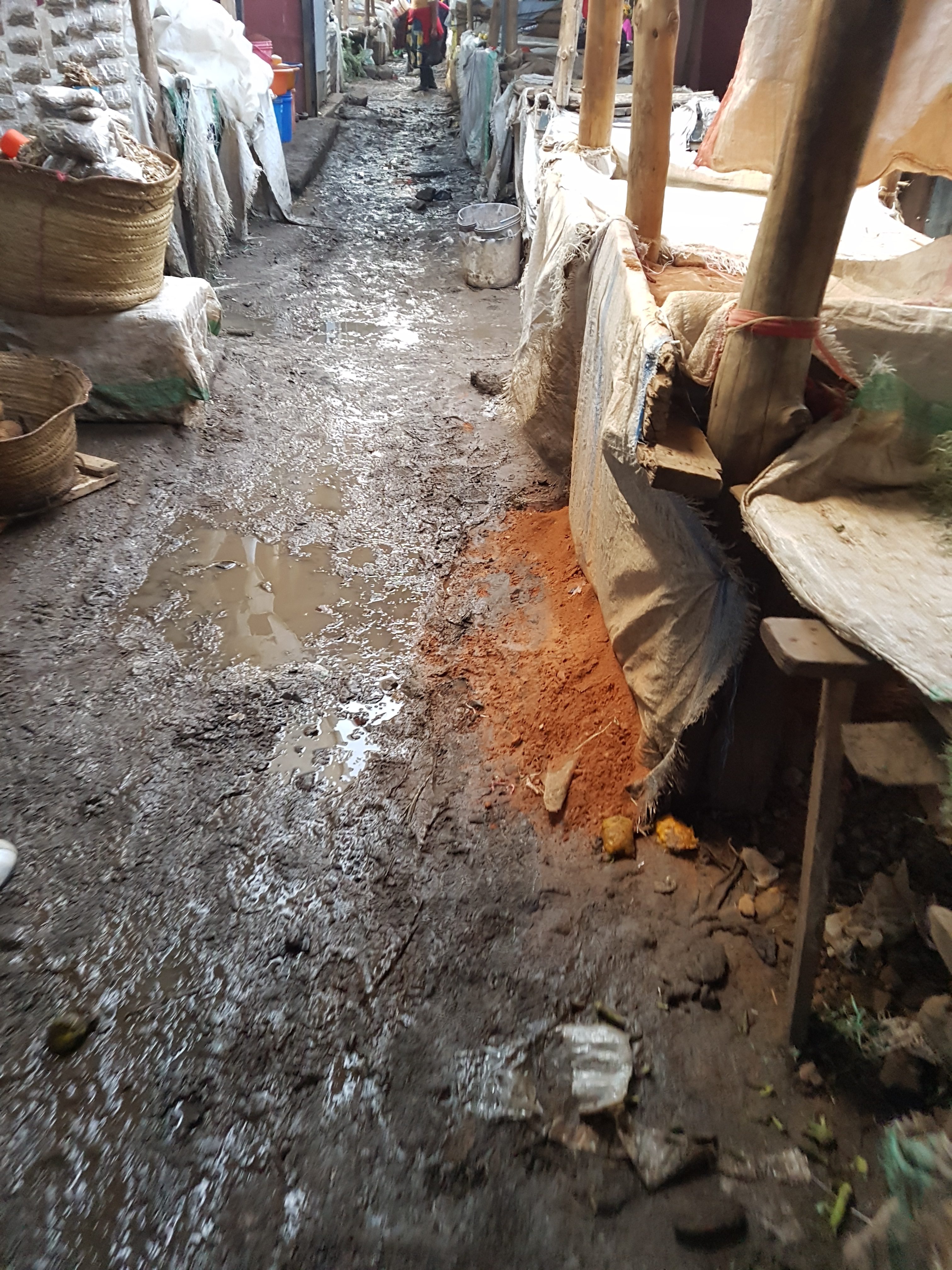
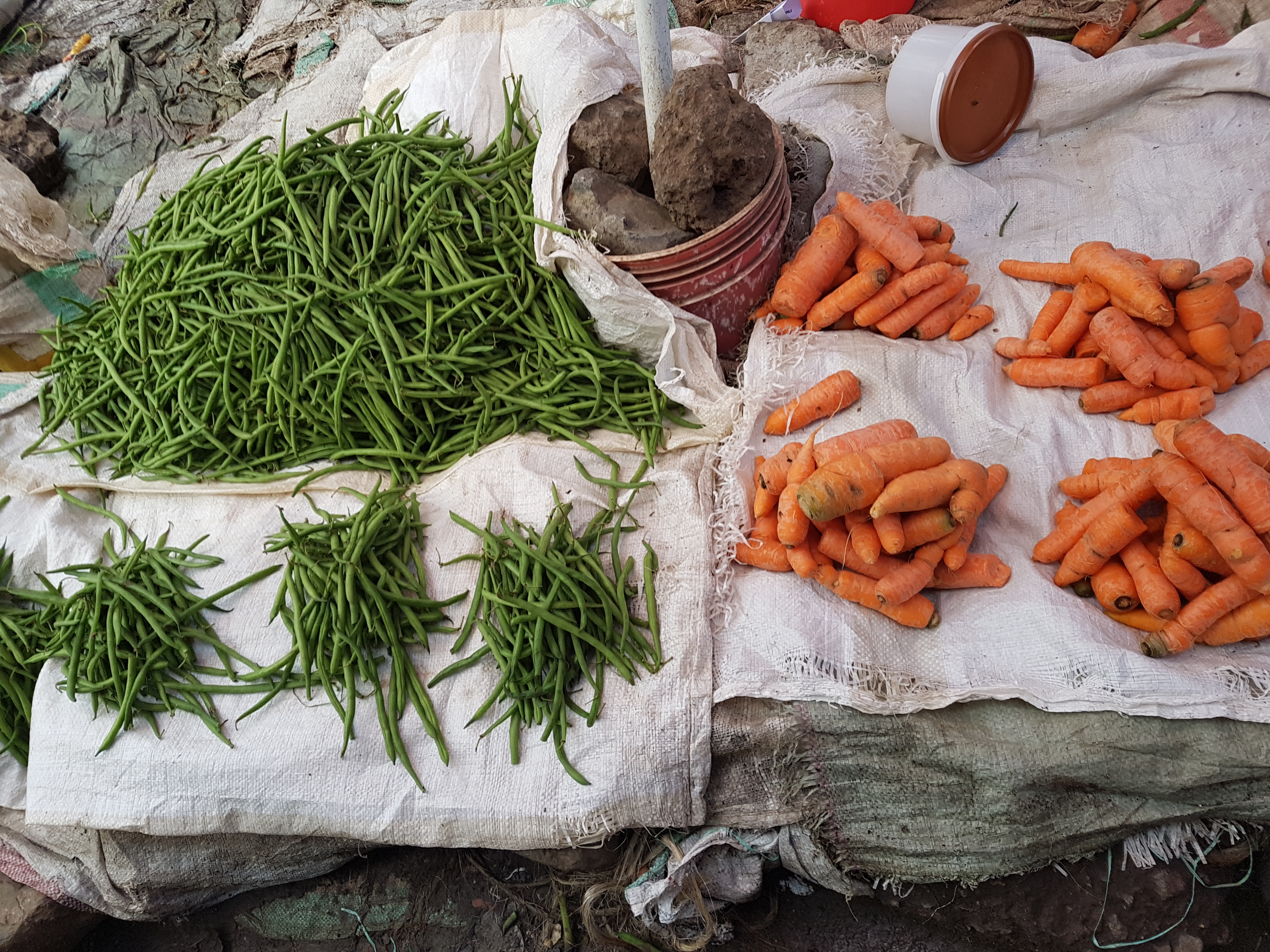
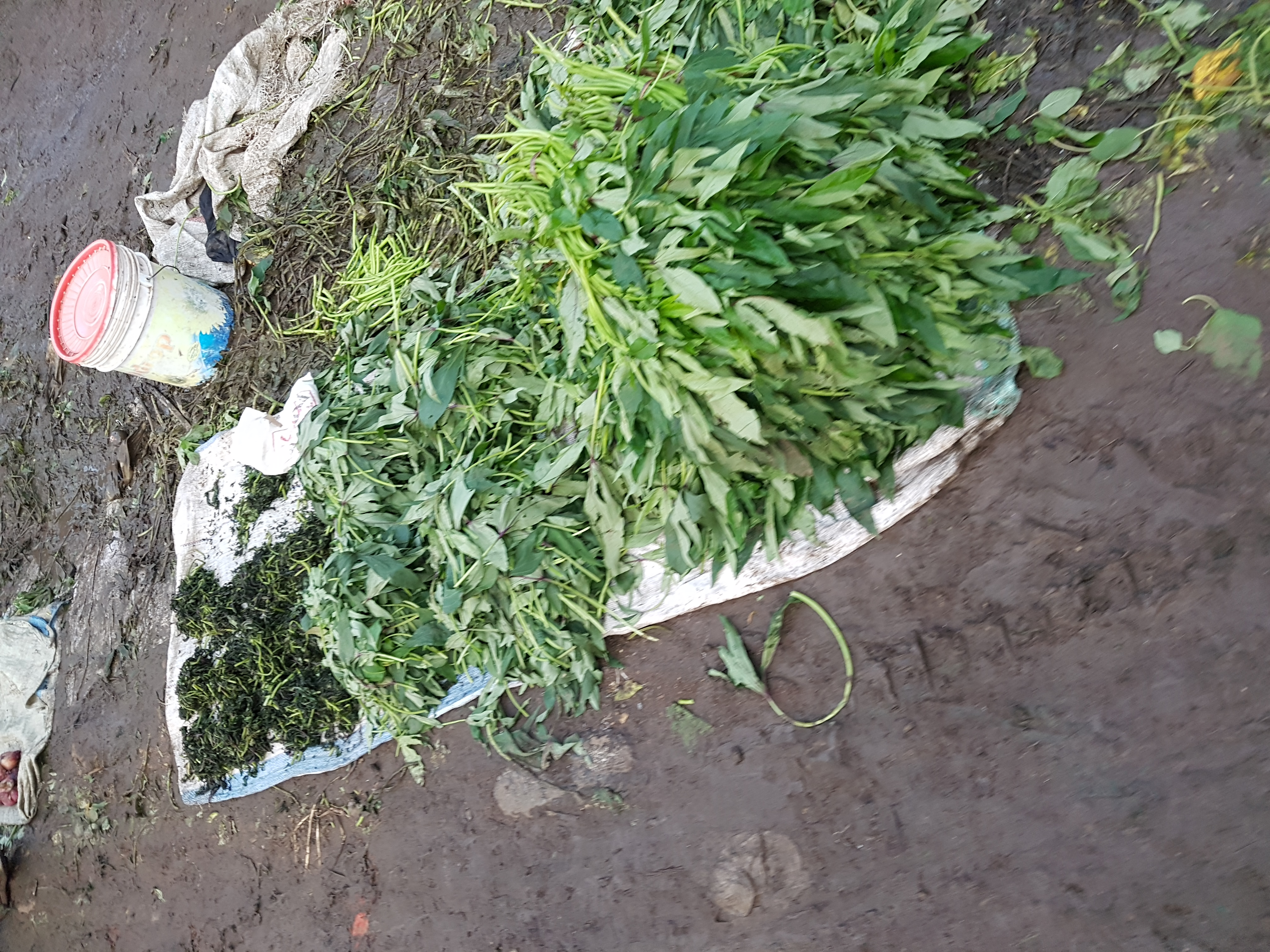
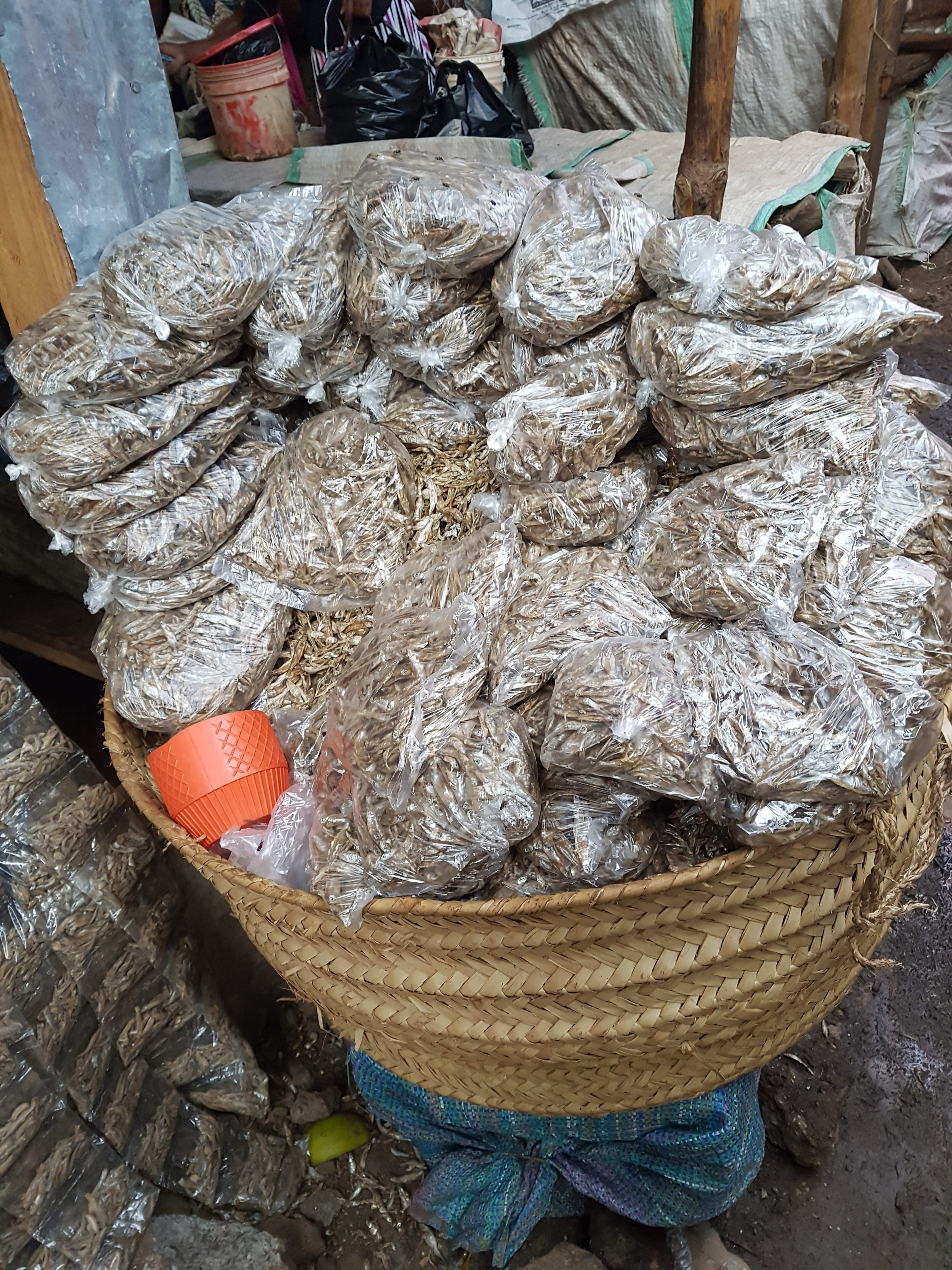
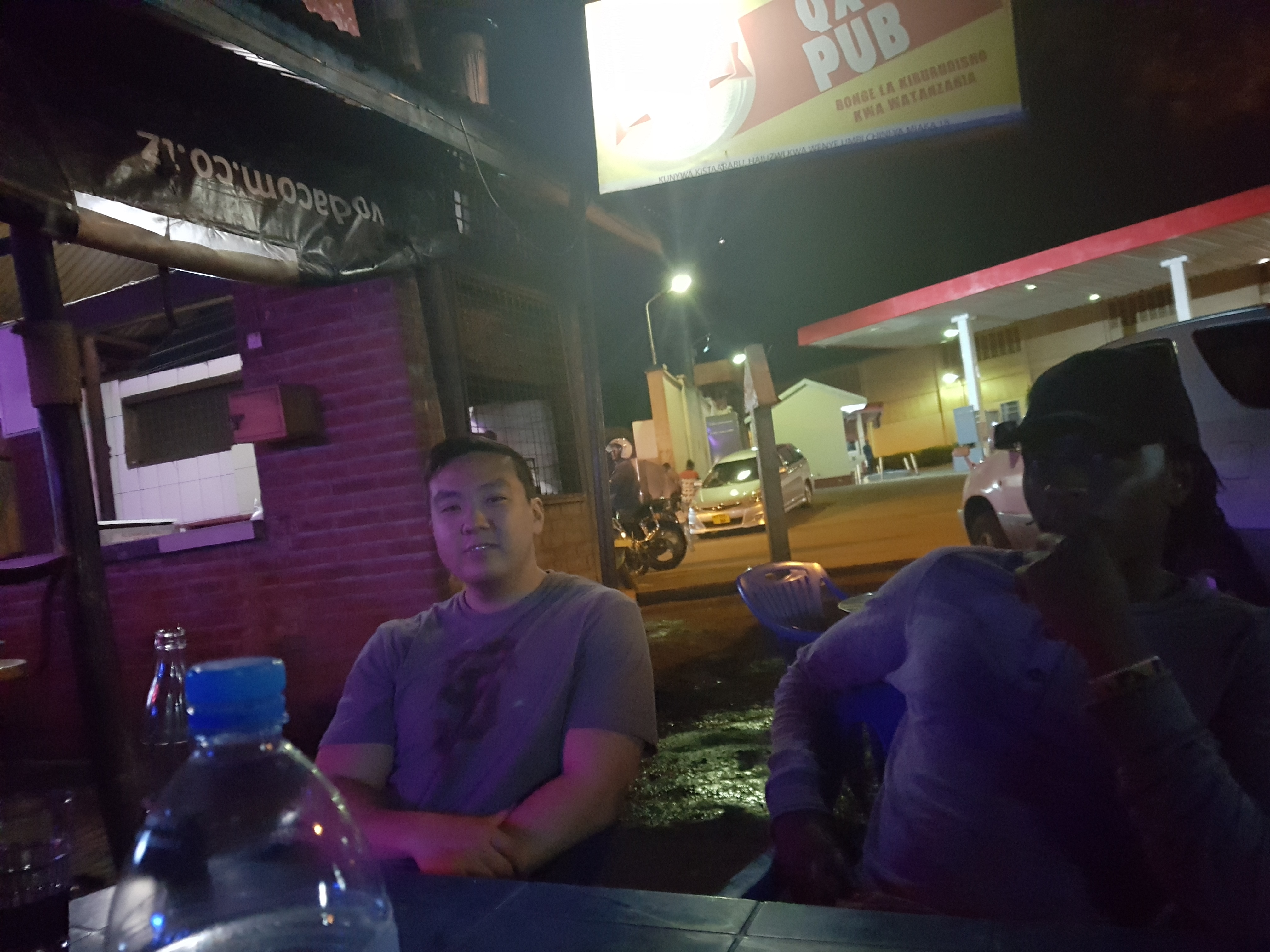
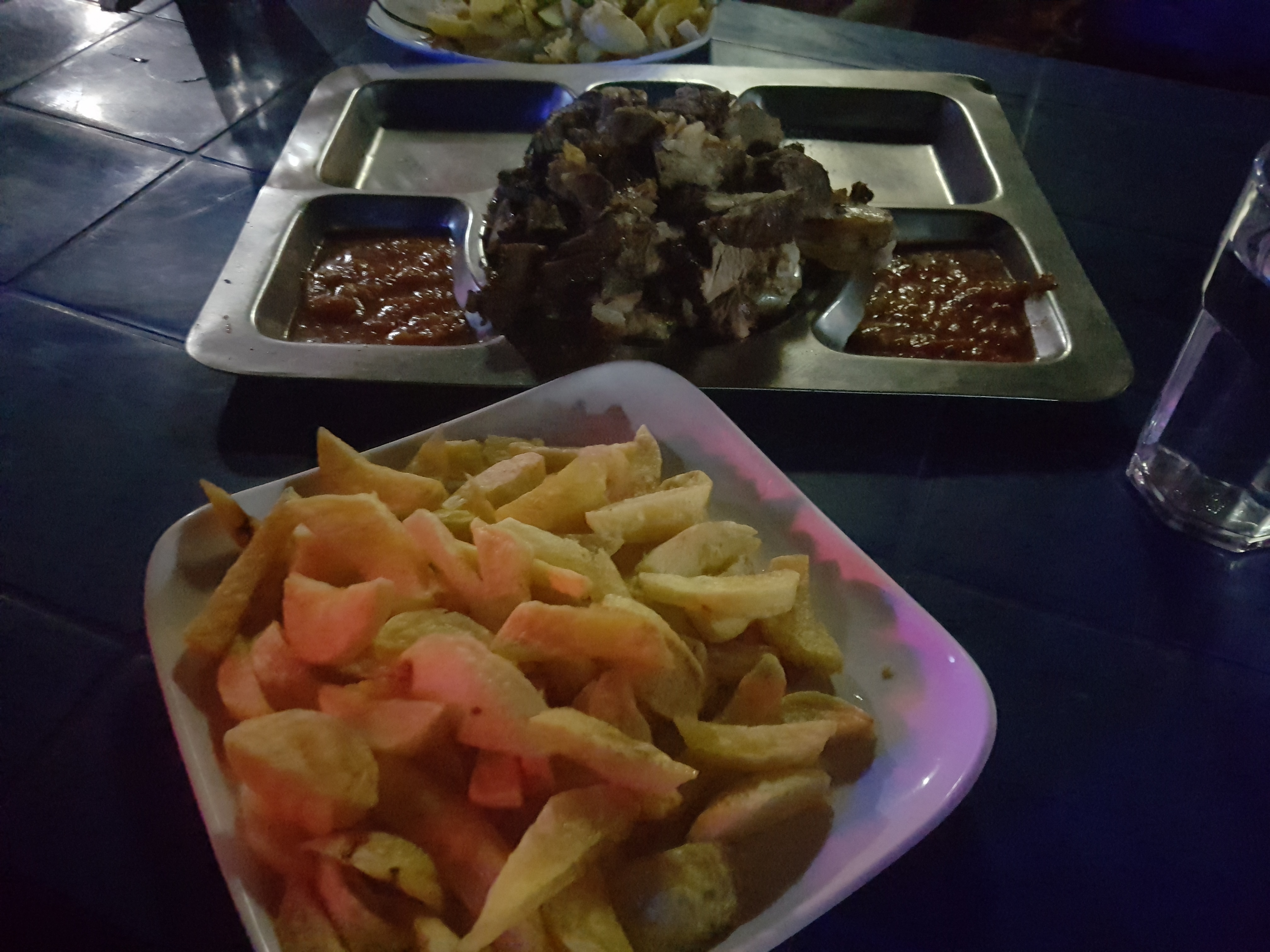
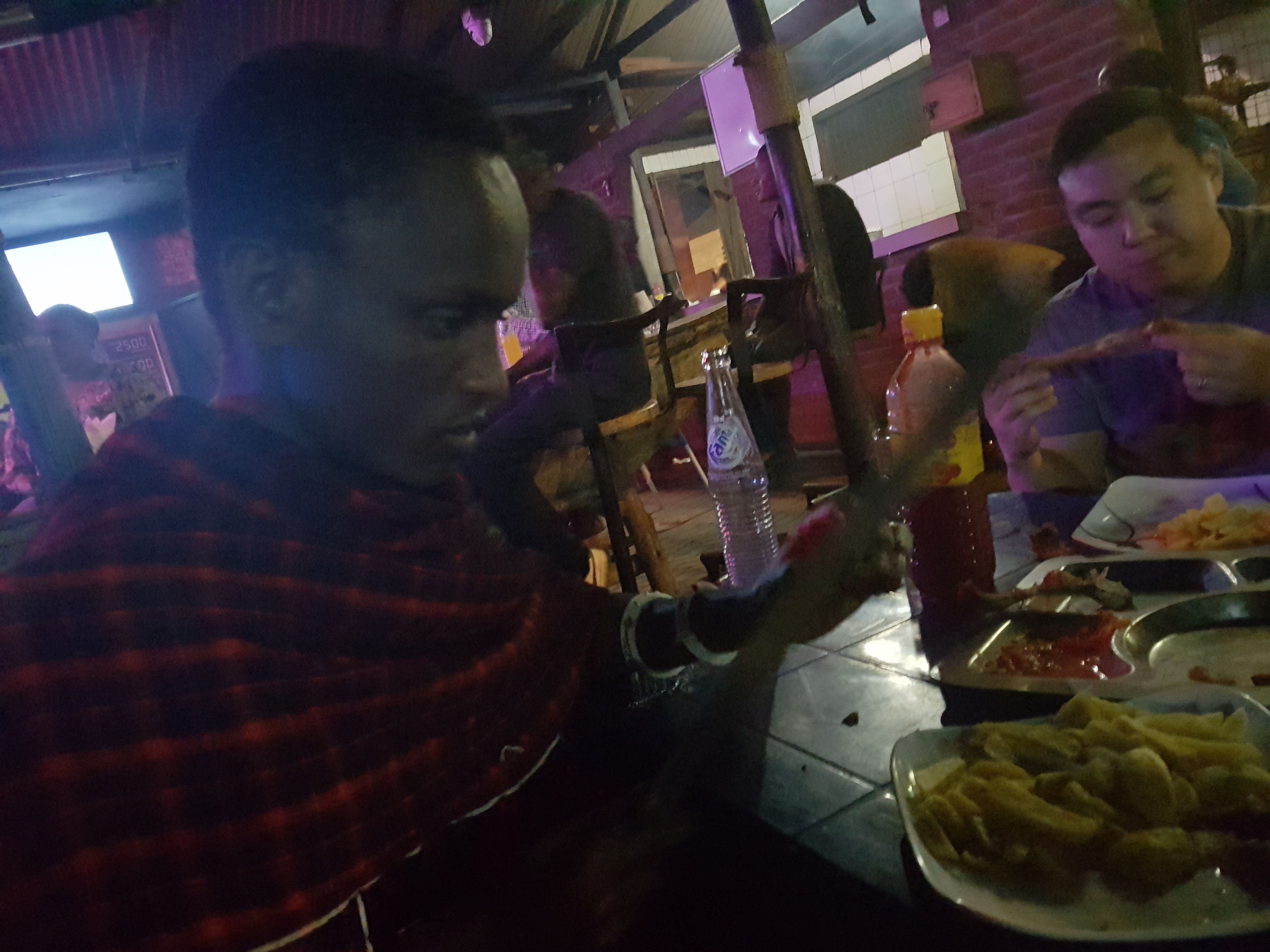
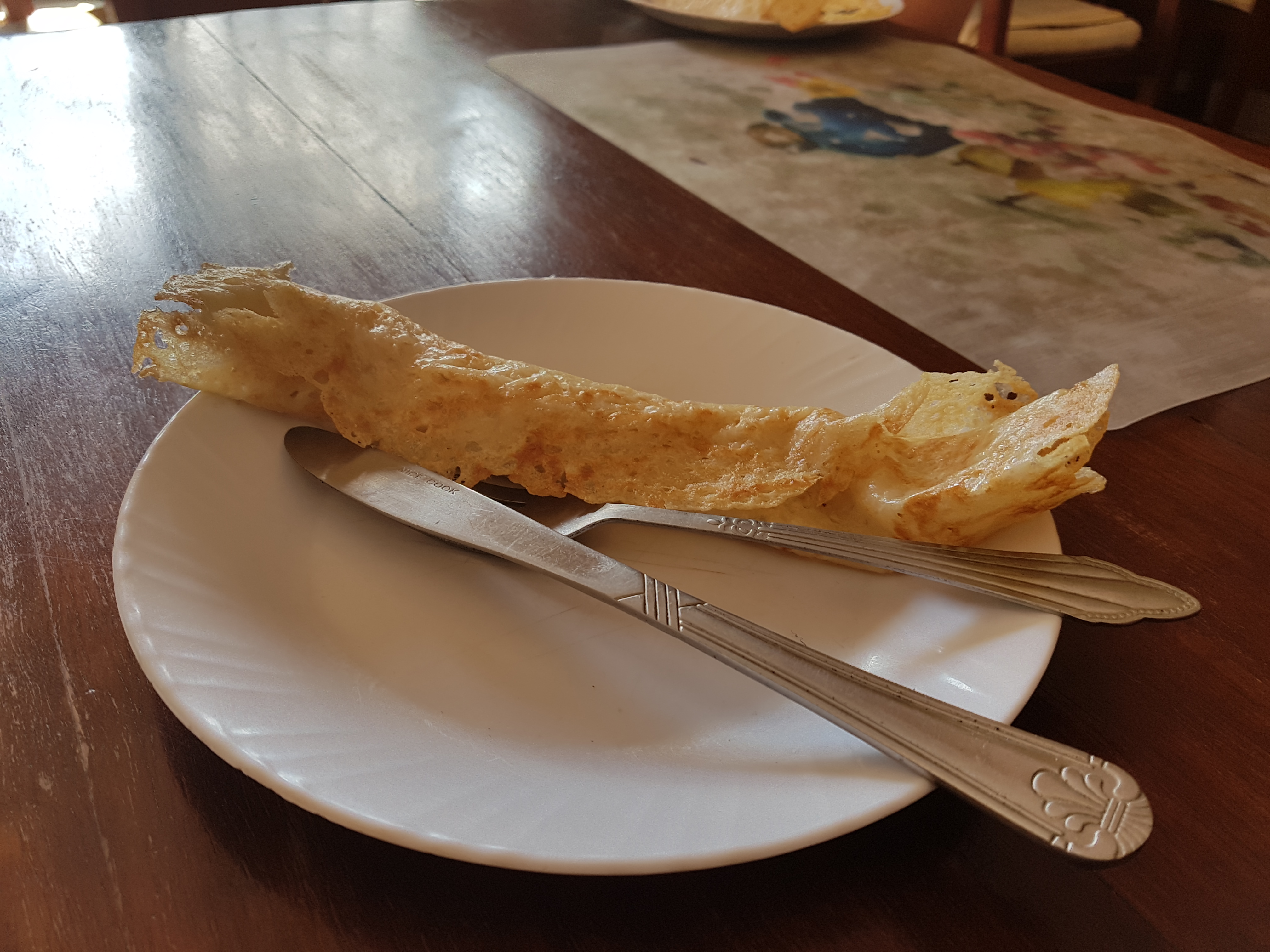
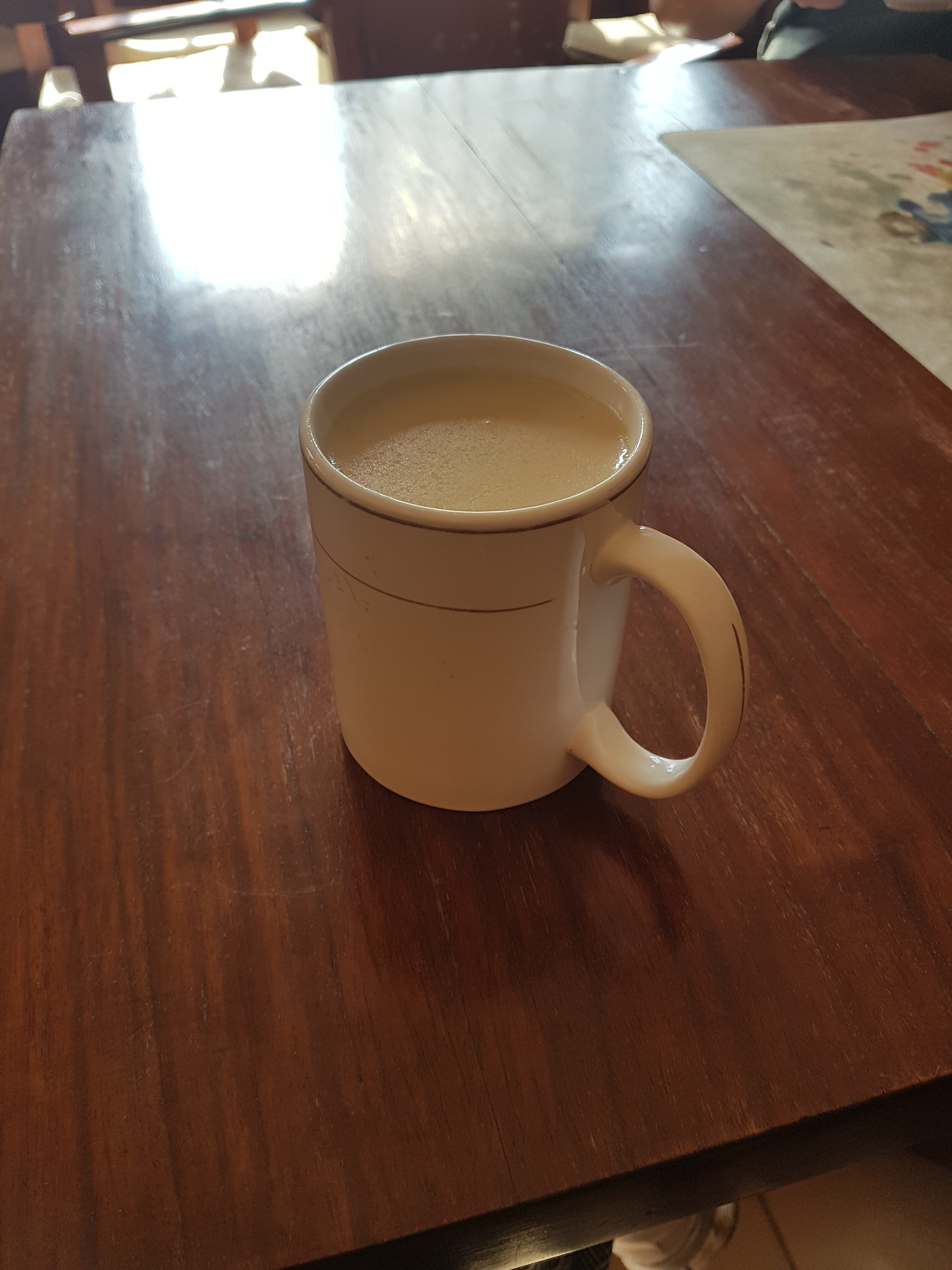
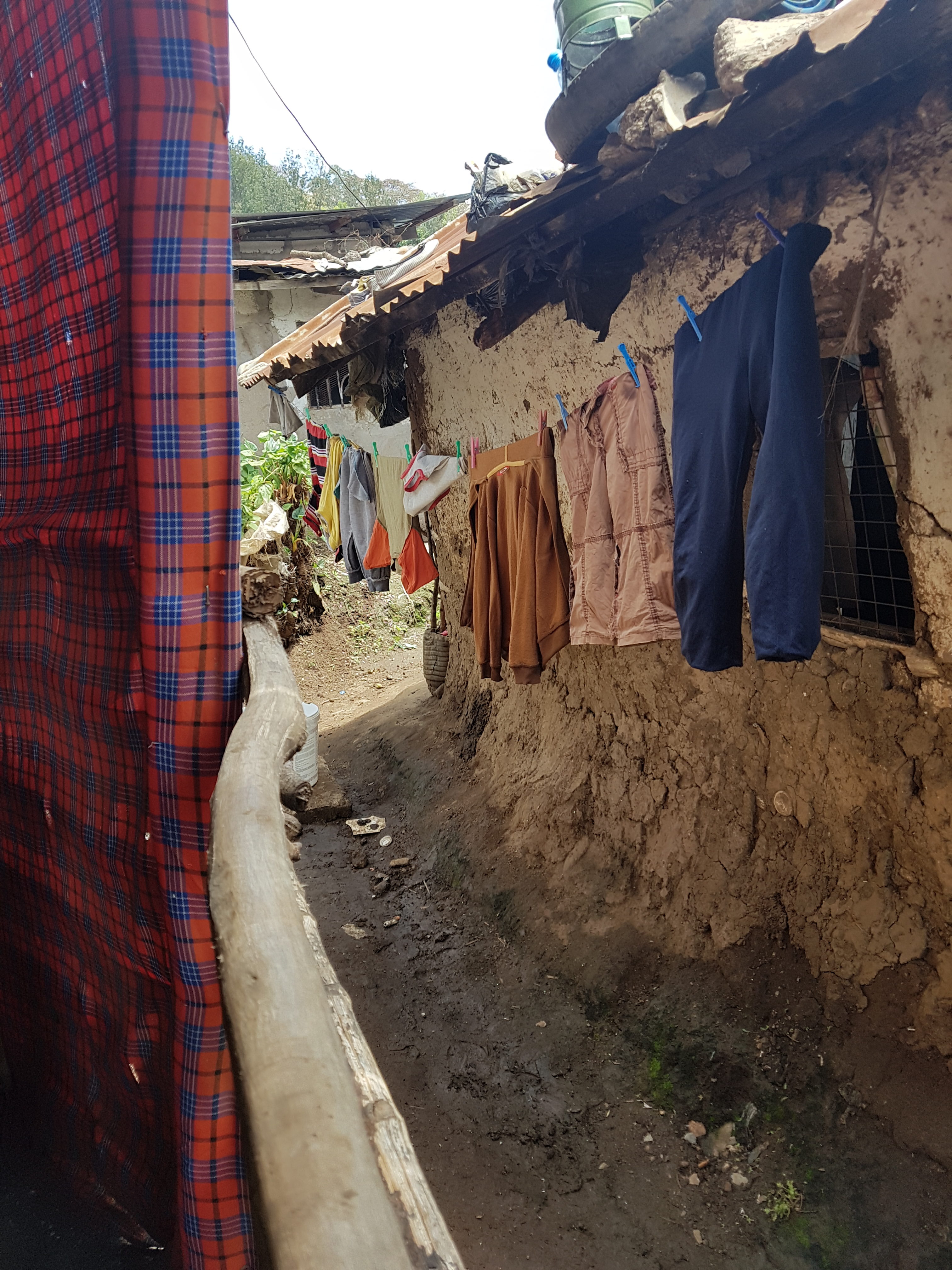
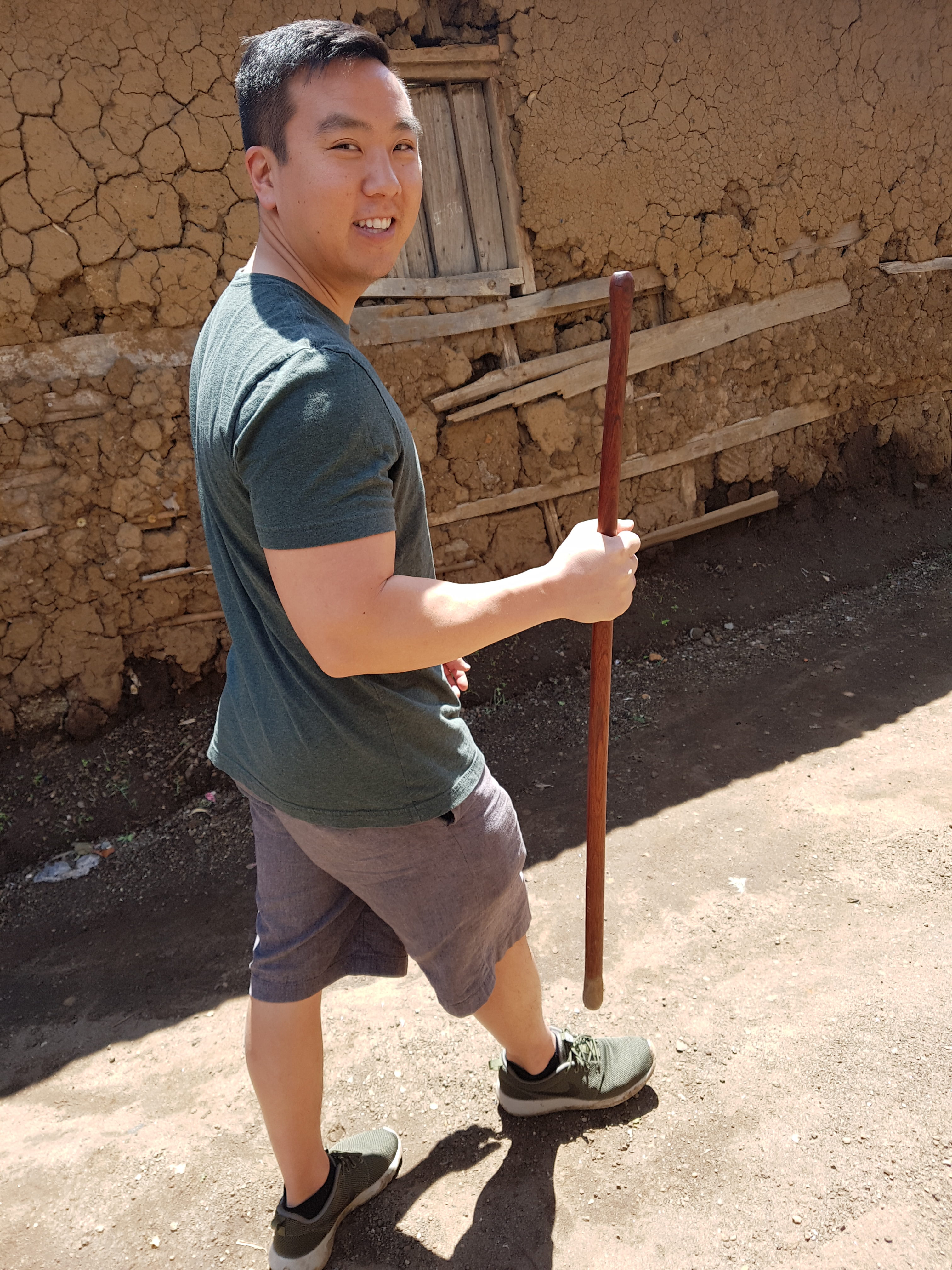
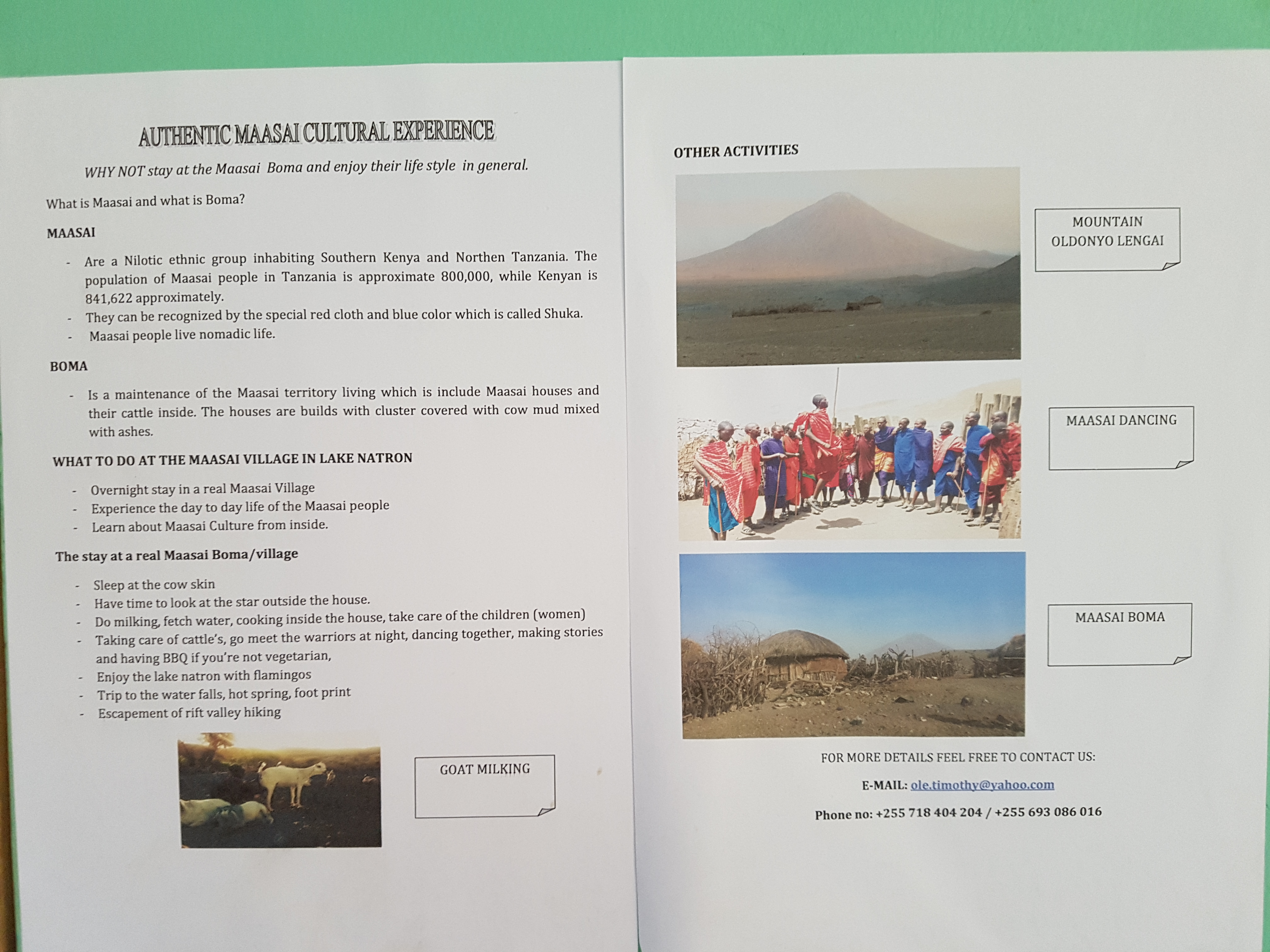
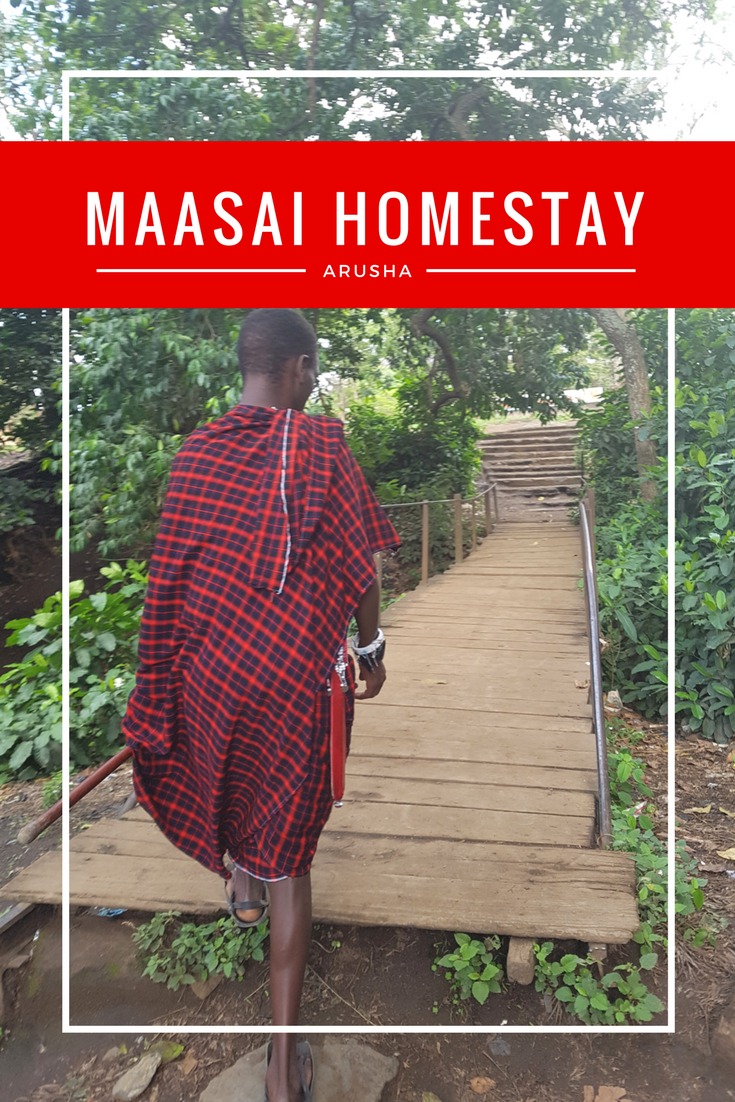
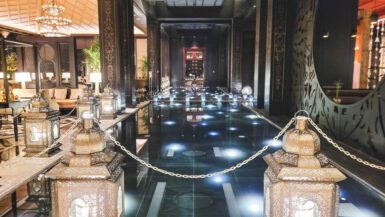
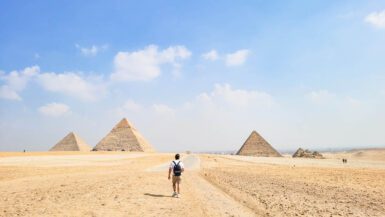
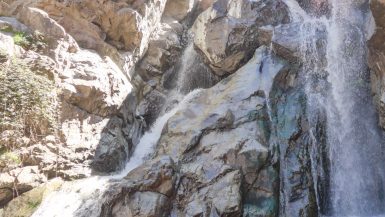
Ryan and Louise,. Reading about your travel experiences is wonderful. Ed
Thank you very much for reading our blog!
What a cool experience! Super cool how your host was super hospitable and available to take you around. That’s definitely something we would like to try if we’re in Tanzania.
Thank you! It was such a special experience. I love staying with locals – it just feels so much more authentic and personal. Massai was a really great host, too. You should definitely try it if you visit Tanzania! 🙂
[…] Maasai Homestay Experience in Arusha […]
[…] If you have an extra day in Arusha like we did, we recommend experiencing some local culture with a homestay! Read about our Maasai Homestay Experience in Arusha […]
Very nice culture.. I would like to join you…… I’m a maasai from Kenya
Yes, it was amazing experiencing the culture!
[…] Read all about our experience: Maasai Homestay Experience in Arusha […]
[…] Maasai Homestay Experience in Arusha […]